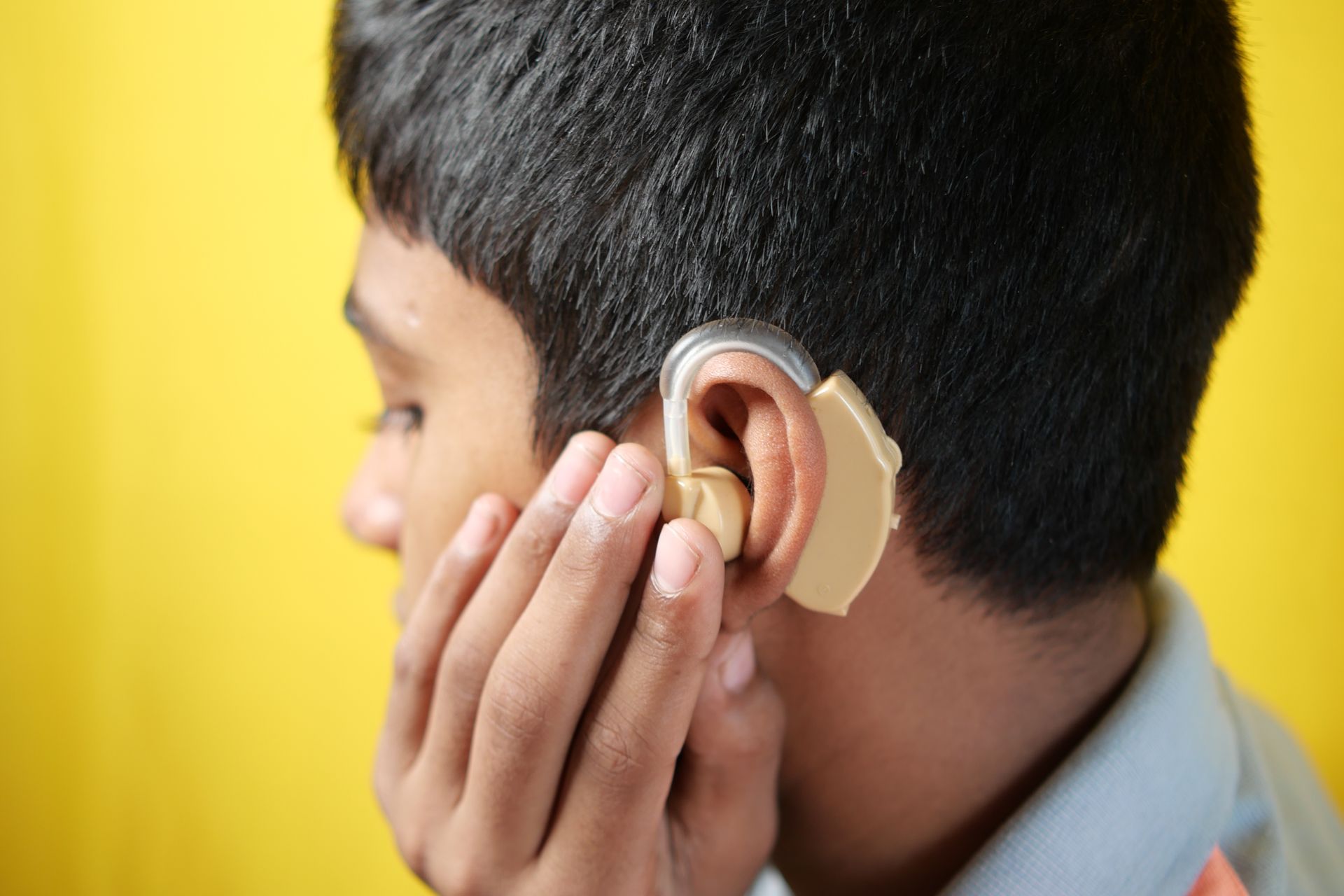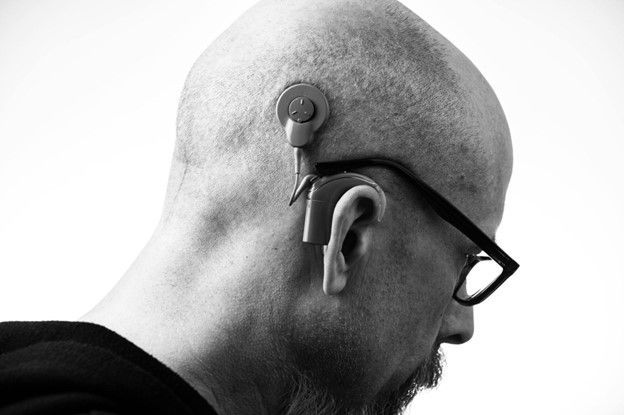Can Hearing Loss Cause Speech Problems?
Hearing loss can significantly impact various aspects of life, including communication. While many people associate hearing loss with difficulty understanding sounds, it can also lead to speech problems.
Let’s explore the connection between hearing loss and speech problems, how they are linked, and what challenges people with hearing loss might face.
How Hearing Loss Impacts Speech Development
One of the important stages of speech development occurs during infancy and early childhood, when children learn to recognize and produce sounds. Hearing plays an important role in this process, as children rely on auditory feedback to develop speech and language skills. When a child experiences hearing loss, whether mild or severe, it can hinder their ability to perceive and imitate sounds accurately. As a result, their speech may exhibit delays or errors in pronunciation and articulation.
Communication Challenges Associated with Hearing Loss
Beyond speech development, hearing loss can pose significant challenges in communication across all age groups. Individuals with hearing loss may struggle to follow conversations, particularly in noisy environments, as background noise can interfere with their ability to discern speech sounds. Moreover, they may miss important verbal cues, such as tone and inflection, leading to misunderstandings or misinterpretations.
Effects of Untreated Hearing Loss on Speech
Untreated hearing loss can worsen speech problems over time. When individuals do not address their hearing impairment, they may inadvertently develop compensatory behaviors, such as speaking louder. Difficulty communicating clearly can lead to social isolation and a reluctance to participate in conversations. This can negatively impact personal and professional relationships.
Strategies for Managing Speech Difficulties Related to Hearing Loss
Fortunately, various strategies and interventions are available to address speech difficulties associated with hearing loss. Early intervention programs, such as speech therapy and auditory training, can help improve speech and language skills for children. Additionally, hearing aids or cochlear implants can enhance auditory input, allowing individuals to better perceive and produce speech sounds.
Improving Speech with Hearing Loss
Here are steps you can take to improve your speech clarity if you have hearing loss:
- Hearing Aids: Using properly fitted hearing aids can significantly improve your ability to hear sounds, including your own speech. This allows for better self-monitoring and clearer communication.
- Speech Therapy: Speech therapists can help individuals with hearing loss develop strategies for clearer articulation, stronger vocal projection, and improved listening skills.
- Communication Strategies: Techniques like facing the speaker directly, asking for clarification, and using visual cues like lip reading can enhance communication and reduce the strain associated with listening in challenging environments.
Early Intervention Is Key
Early diagnosis and intervention can greatly help children with hearing loss. By providing them with the necessary support, such as hearing aids and speech therapy, we can help them develop strong speech and language skills.
For adults with hearing loss, addressing the underlying hearing issue through hearing aids and seeking speech therapy can significantly improve communication and overall quality of life.
Do you suspect hearing loss is affecting your speech? At ENT Medical and Surgical Group, our experienced team can diagnose hearing problems and recommend treatment options to help you regain clear communication. Contact us today for all your ENT (ear, nose, and throat) needs and to improve your quality of life!













